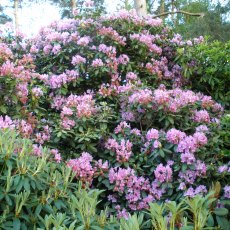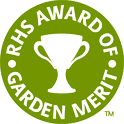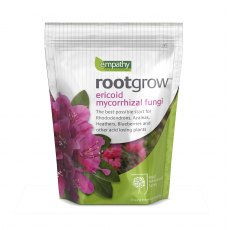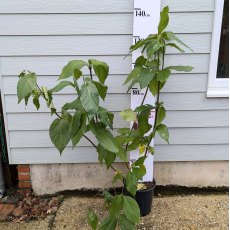Dryopteris affnis 'Cristata The King'
Item: FDRYACTK
 In stock
In stock
125-150cm
Not Scented
Yes
To -15 °C
Collect in Store
This item is available for collection.
Home Delivery
UK mainland delivery from £8.95
(H5) Dryopteris affnis 'Cristata The King'. Other Common names: King Of Male Ferns, King Of The Ferns, King Of British Ferns
'Cristata The King' is one of the largest and most accommodating crested ferns it is possible to grow. A robust, nearly evergreen fern to 1.2m tall. The young fronds unfurl a golden green with rosettes of erect to arching bipinnate fronds, handsomely crested at the tips of the fronds and pinnae.
When at its best, each leaflet displays a crest or tuft of growth at the end transforming the plant into a graceful yet large specimen that is eye-catchingly imposing in a mixed border or fernery. It will adapt to any growing situation but with a moist soil and semi-shade it will transform into an eye-catching centrepiece.
Requires moist, fertile, neutral to acid soil. Add well-rotted leaf mould or garden compost when planting, and mulch annually with the same.
A cultivar of the native male fern, Dryopteris affinis, found in woodlands in wetter parts of Britain.
The Basics
Ideal soil
Acidic soil, good organic content, pH 4.5-6.0. Inkarho range of rhododendrons will tolerate soils up to pH7.5
Sun or Shade
Light dappled shade is best for most varieties.
Shelter
Refer to hardiness rating. Give young plants protection.
Site Selection
Avoid close to trees, roots, invasive weeds, walls, hot patios, dry banks and waterlogged soils. Do not use weed matting or stone mulch.
Plant spacing
Use the height shown in 10 years as a guide to the distance between each plant. Allow room for plant to fill out. If planting closer for instant impact, be prepared to move plants after a few years.
Compost
- 3 litre pot, dig in 10-20 litres of ericaceous compost.
- 7.5 litre pot, dig in 20-30 litres of ericaceous compost.
- 70-80cm specimen, dig in 60 litres of ericaceous compost.
- 100-120cm specimen, dig in 120 litres of ericaceous compost.
Planting depth
Plant high in the ground, with the top of the rootball visible.
Feeding
Slow-release ericaceous feed recommended in March and straight after flowering.
Mulch
Recommended every few years.
Water
The key ingredient! Keep moist all season, especially the critical time at end of June for flower bud initiation. Tap water is better than no water. Heavy dose at least once per week in dry weather.
Drainage
Ensure good drainage in winter, especially with yellow flowering varieties. Avoid waterlogged sites.
Pruning
Rhododendrons and Camellias: Not normally required. Tidy wayward shoots after flowering.
Evergreen azaleas and Bloombux can be clipped into a low hedge.
Magnolias and Acers: Formative pruning when young to shape into a tree or bush.
Deadheading
Remove old flower-heads, particularly on young or weak plants.
For further advice see here
Size Guide
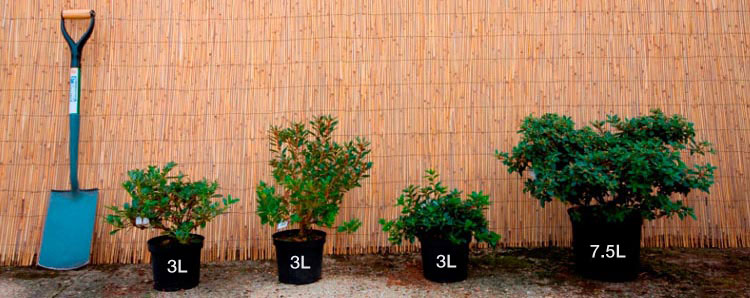
Delivery & Returns
Our website calculates the delivery charge according to weight and delivery location throughout the UK. To see these charges, please enter your postcode at the checkout, and you will see the charge vary as you add more items to your wheelbarrow.
 Millais Nurseries
Millais Nurseries






